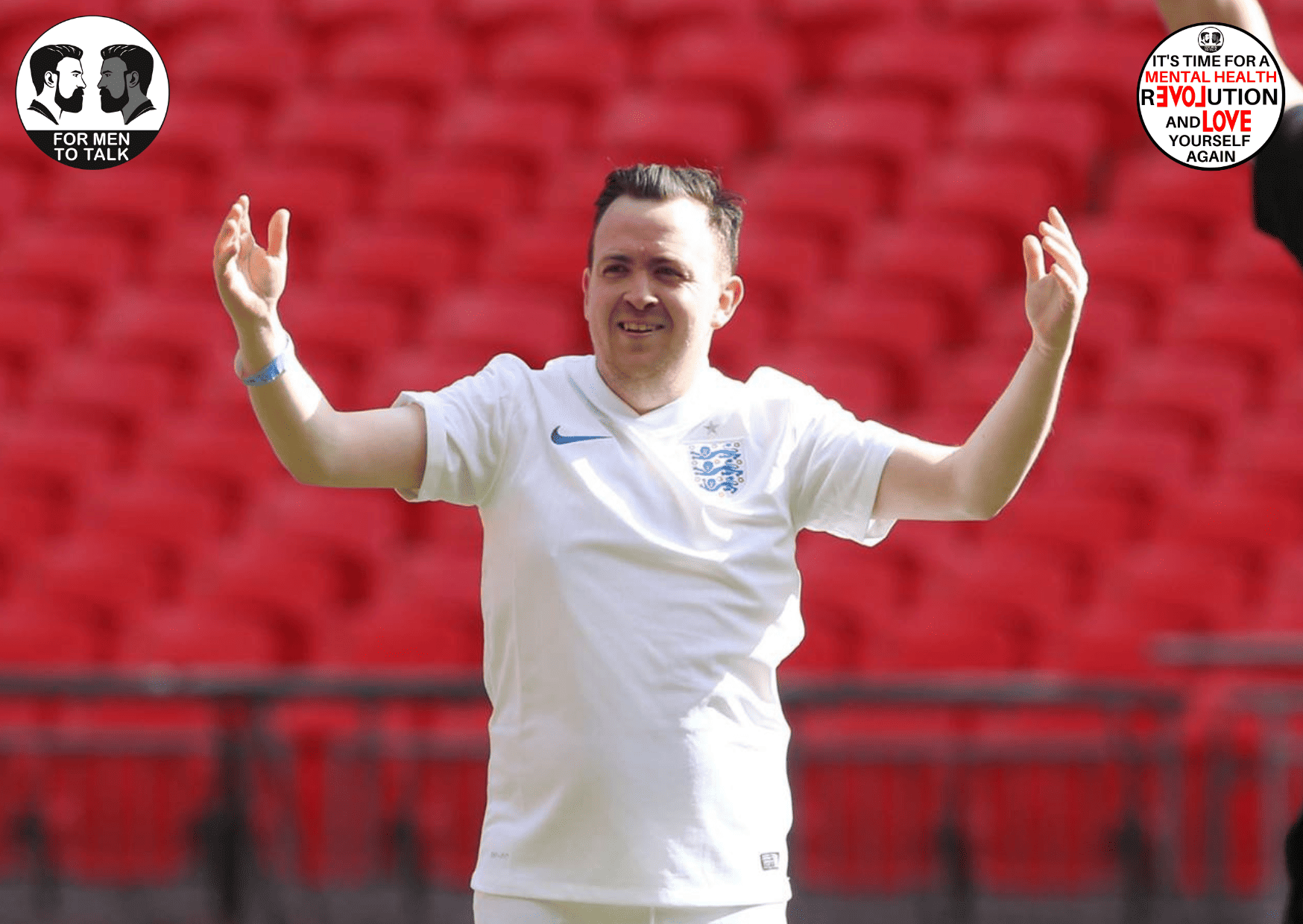Life After Football: The impact on my mental and physical health

By Luke Newman, Founder of ‘For Men To Talk’
Football was my passion. For twenty years, I played nearly every Saturday and Sunday. It wasn’t just a hobby; it was part of my identity. But over fifteen years ago, something changed. My left knee began to ache. It wasn’t just a little pain—it was stiffness, swelling, and sharp twinges when I climbed stairs. There were popping sounds every time I bent my knee.
After consulting a doctor, I was told surgery was the best option. I hoped it would fix everything, but the results weren’t what I expected. The pain didn’t fully go away. By the age of 29, I had to make one of the hardest decisions of my life: retiring from playing football.
That decision was devastating. Football had been my escape, my way to relax and connect with friends. Without it, I felt lost. My mental health began to suffer. I struggled with feelings of frustration and sadness. It took time to adjust, but I found other ways to cope—like building stronger connections with friends off the pitch and focusing on projects that gave me a sense of purpose, including founding ‘For Men To Talk.’
Fast forward to now, I’m 43. The stiffness and pain in my knee have worsened. Simple tasks, like getting up from a chair or walking up stairs, have become difficult. I knew I couldn’t ignore it any longer, so I went to see my GP. They suggested an MRI scan to better understand what was happening inside my knee.
For anyone who hasn’t had an MRI, let me tell you—it’s an experience. The machine is massive, and stepping into the room can feel overwhelming. The noise is another story. It’s loud, with clunks and bangs that echo all around. Even though you’re lying still, it’s easy to feel tense. For me, it wasn’t just the noise or the machine—it was the unknown. What would the results show?
Moments like these remind me how important it is to talk about what we’re going through. Whether it’s physical pain, fear of the unknown, or mental health struggles, sharing helps. When I retired from football, I bottled up my emotions, thinking I had to “tough it out.” That approach didn’t help.
Over the years, I’ve learned that opening up is a sign of strength, not weakness. That’s why I started ‘For Men To Talk.’ It’s a space for men to share what’s on their minds, free from judgment.
My knee may never fully recover, and I’m awaiting for the latest results of the MRI scan but I’m learning to adapt. Life doesn’t always go as planned, and that’s okay. What matters is how we handle the challenges. For me, finding ways to connect, share, and help others has made all the difference.
If you’re facing your own challenges—whether it’s health issues, changes in your life, or mental health struggles—remember, you’re not alone. There’s always someone ready to listen.
‘For Men To Talk’ provides a safe and comfortable space for men dealing with anxiety, depression, or grief to share their experiences. Meetings are held in various formats to suit everyone:
- Physical Meetings: In-person gatherings where men can talk face-to-face.
- Walking Meetings: Gentle walks combined with conversation, which is great for mental and physical health.
- Virtual Meetings: Online sessions for those who prefer to join from home.
- Fishing Meetings: Relaxed events where men can bond over fishing while opening up about their struggles.
For more information about ‘For Men To Talk,’ its meetings, or how to support the group, please contact myself at 07709 446480 or email luke@formentotalk.co.uk.